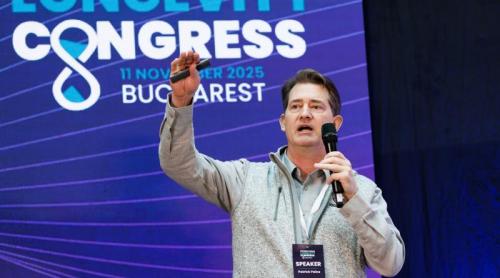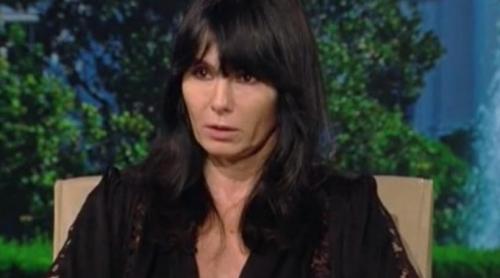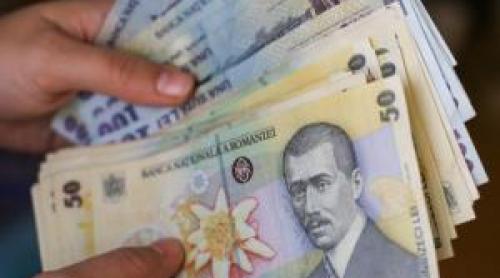
A Prince from the West, who, like any other Prince, likes to hunt in the woods of Levant, was passing by. He goes for a tour, with a lot of photo-reporters behind him, gets on the first page of the newspapers, appears on all the prime-time news bulletins and leaves. The villagers he left behind wonder about this media monkey business.
"He stays there, in front of the first German church. Probably, the Romanians donât feel quite comfortable about this, but when the first German colonists came here, they met Catholics". The woman shows me the baptismal font, telling me it was from before 1200 A.D. The Germans that came in the area of the Transylvanian plateau were Catholics. It was only after Honterus, the scholar from Brasov, showed Transylvania the first signs of church reform, that the people started to believe in the new religion, the Lutheran one. The Papacy wanted to keep its treasury, and there were others that were trying to undermine the Christianity. Lutherâs law met a fertile environment, because the ordinary people had already seen the distance between them and the Catholic clergy. CATER COUSINS. The consequence of the detachment from the Papacy is the thing that my interviewee is trying to emphasize now: there isnât such a strong bond between the reformed Germans in Ardeal and the ones in Banat, who are still Catholics, even though they come from the same ethnical group, which is smaller and smaller, which leads to self-conservative gestures. Of course, it would be a lot simpler to blame the language differences. In Ardeal, we find the ones called "Sasi", which claim some characteristics from the Luxemburg Saxons. They speak "letzeburgisch", a totally different language than the language spoken by the Germans in the plains or the hard-to-define dialect, which is closer to "Hochdeutsch", the literary German, spoken by the ones in the mountains of Banat. Beyond the vocabulary-based cleavage, we have to deal with a stronger rupture, determined by the religious affiliation. However, it seems to be history-related. Actually, they seem to be an informational gap and a lack of communication. My interviewee is pleased at finding out I have German roots from Banat. She looks like she has been stricken with happiness. Happiness and a little bit of amazement. She tells me about the communityâs difficulties. The evangelic one only has a few members, not more than 30, and it is situated in a region in which the Roma are the majority, not the Romanians. It is not only about the insufficient funds for the restoration of that architectural monument. The church is used as the House of God very rarely, because the priest has to take care of four more other villages. This means that there is a ceremony once every two weeks in Viscri, the village whose name comes from the German Weisskirche (the White Church). VISCRI-LIKE MODERNIZATION. In fact, the evangelic community is more of a museum exhibit, because it is treated like a specie in danger of extinction. One of the last European Princes, which is far from the mythical image of the fairytale heroes who came and saved sleeping princesses or Cinderellas thrown by their step-mothers in the kitchensâ store-rooms, a prince looking for the lost glow gets away from his worldly peregrinations. He does this to follow the (so-called) traces of a blue-blooded Hungarian-Transylvanian ancestor of his, in order to appear as the benefactor savior of a European civilization which is about to succumb. |
VISCRI. The village on "the bottom of the world |
Citește pe Antena3.ro



















